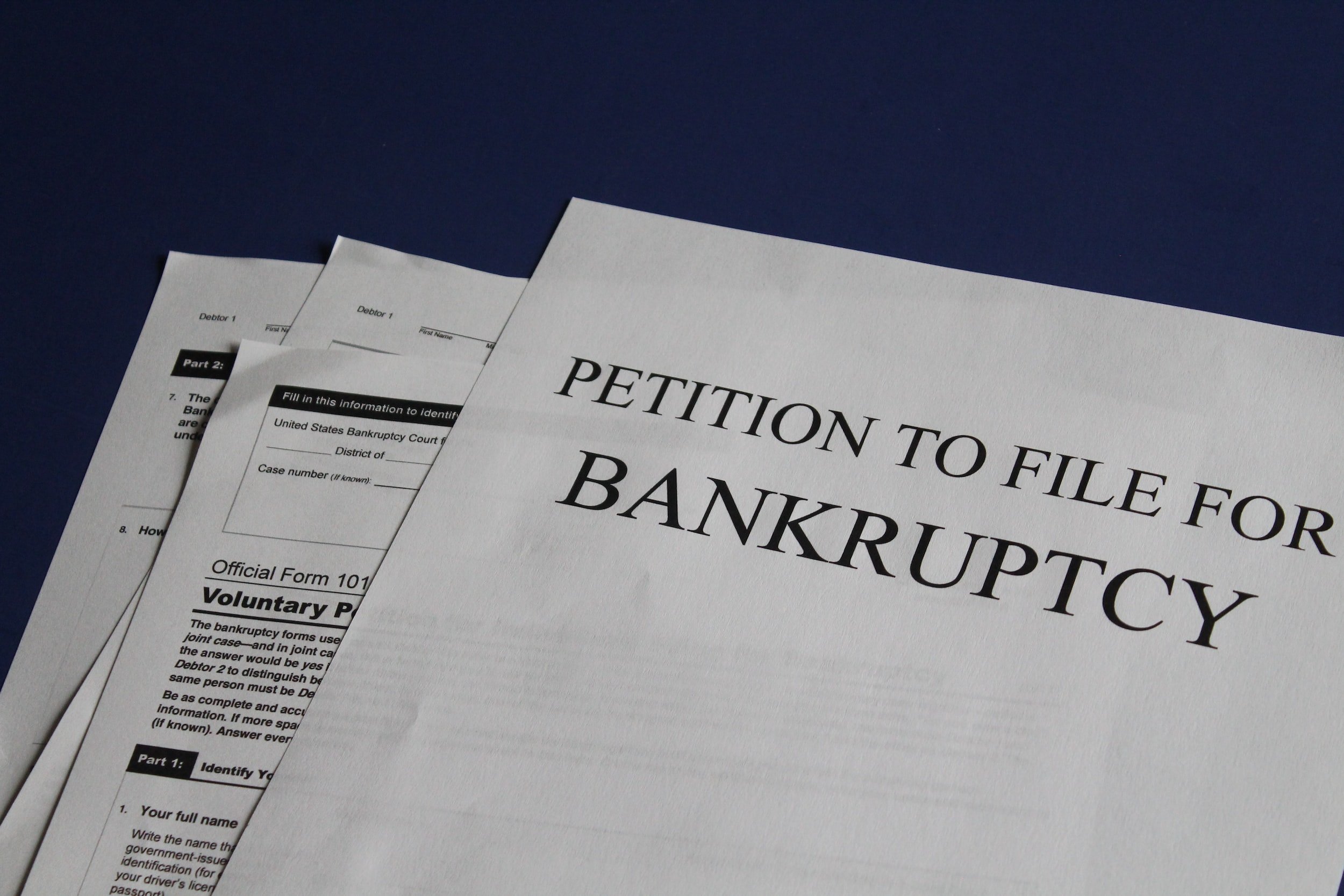
FAQ

-
Generally, we see clients who have lower credit scores (450 - 550) increase 50 - 120 points after filing. Clients with mid range scores (600) stay about the same and higher credit scores (700 or above) decrease 40 to 80 points. We recommend our clients to Credit Karma to check their credit score prior to filing, since Credit Karma is a free resource for credit score health monitoring. This allows the filer to watch how their credit score is affected. We also pull full credit reports with credit scores prior to filing and use software that estimates how our client's credit score might change.
-
Answer: Bankruptcy does have some negatives, it’s just like chemotherapy has negatives even though it’s main purpose is to cure the cancer (the cancer in the bankruptcy situation is the underlying debt, garnishment, foreclosure, etc) Bankruptcy can have some pitfalls and may not be the right treatment for the financial cancer, so to speak, in every situation. That is why you should always hire a qualified bankruptcy attorney to guide you through the legal process. If you don't, then you may lose assets and that lost money will almost certainly exceed the cost of a good lawyer. A good bankruptcy attorney should be able to prevent your assets from being taken by the Trustee by applying the correct State and Constitutional exemptions. If the value of your assets exceeds the amount of your exemptions, then a Buy Back may be a good option. If the Buy Back amount is too high, then you may have to file a Chapter 13 bankruptcy to protect your assets but still be able to reduce the debt.
-
Generally not. There are Federal and State exemptions that protect a given amount of your assets. Depending on your specific situation, you might lose some things. However, if you have assets more than your allowed exemptions, as a Chapter 7 debtor you can generally work out a Buy Back. A Buy Back is negotiated by the debtor to purchase back the unencumbered, non-exempt equity in their assets. Generally, this is done over 10 to 12 months. Every case is different, so one can't be compared to the other:
The general exceptions for a person who doesn't declare a homestead are: $5,000.00 per person filing for any personal property; $1,000.00 per person filing for one vehicle only; 100% for qualified retirement accounts; plus many other others.
The general exceptions for a person who does declare a homestead are: $1,000.00 per person filing for any personal property; $1,000.00 per person filing for one vehicle only; 100% for qualified retirement accounts; plus many other others.
Add a “Contact us today” or something similar named, for a free case review so we can know
-
Yes. Chapter 7 or Chapter 13 will stop a wage garnishment immediately when filed. To know which chapter is better for your situation, call us for a free consultation so we can provide specific advice for your unique situation.
-
Yes. Chapter 7, 11 or 13 will stop a foreclosure as long as there are no prior bankruptcy filings that might restrict another filing against the property. If you have previously filed bankruptcy, ask us because multiple filings can impact your eligibility for the “automatic stay” which is the legal mechanism that protects the home from foreclosure. Chapter 7 will temporarily stop a foreclosure in most cases. Chapter 11 or 13 will stop the foreclosure and allow you to reorganize the mortgage debt.
-
Yes. Chapter 7 or Chapter 13 will stop a vehicle repossession immediately when filed. However, Chapter 13 bankruptcy is generally the only chapter of bankruptcy that one can file to permanently save the vehicle from being repossessed. Chapter 7 will temporarily stop the repossession but the debtor will have to redeem the vehicle prior to the expiration of the automatic stay. You should always consult with a qualified bankruptcy lawyer as there are many nuances involved with a repossession.
-
Yes. Most mortgage companies will lend money to you again after about 2 years after receiving a discharge from a Chapter 7 or Chapter 13 bankruptcy. Most loans for car loans are much quicker, generally within 3-6 months for favorable lending terms.
-
No, you don’t have to. An individual can file without their spouse or even without their spouse's permission. However, the spouse's income must be included to determine if the individual qualifies to file. All income and expenses for the household must be included into the equation. Talk with one of our attorneys today to know which situation would be best for you here. (provide “free consultation” or “contact us now” button or something along those lines)
